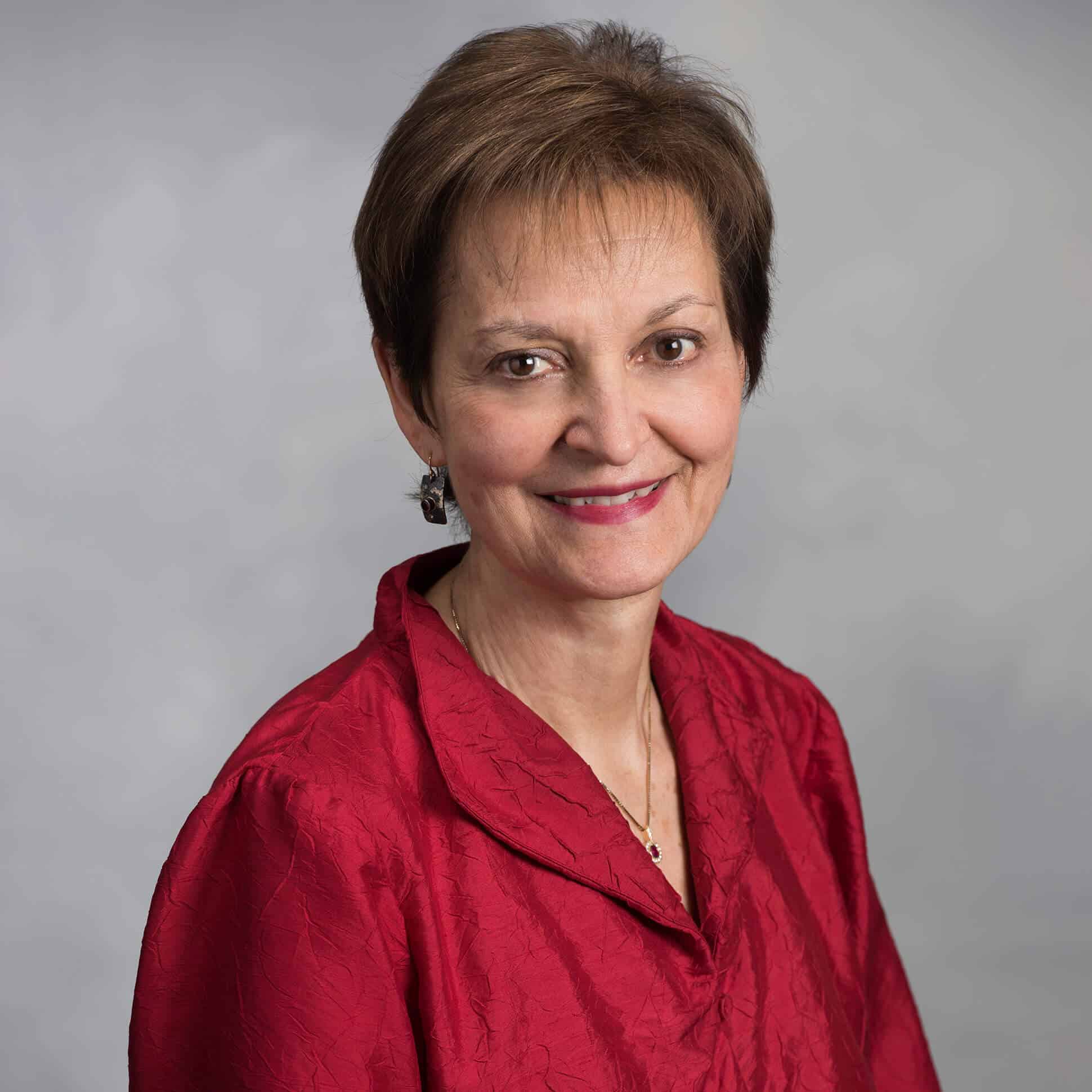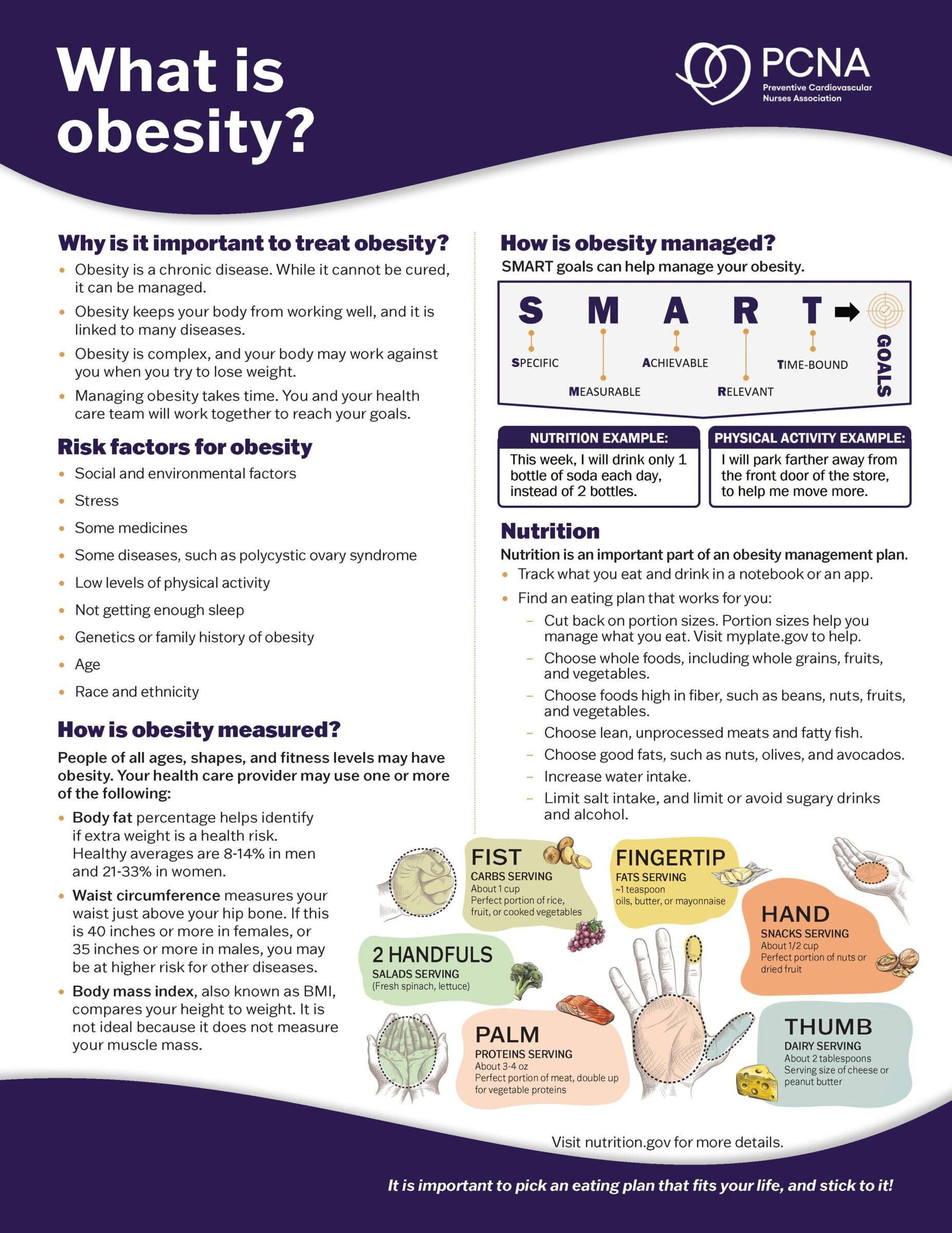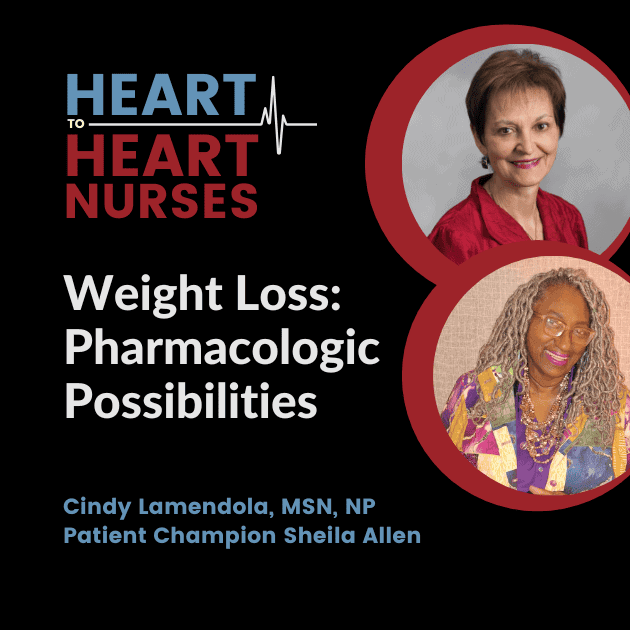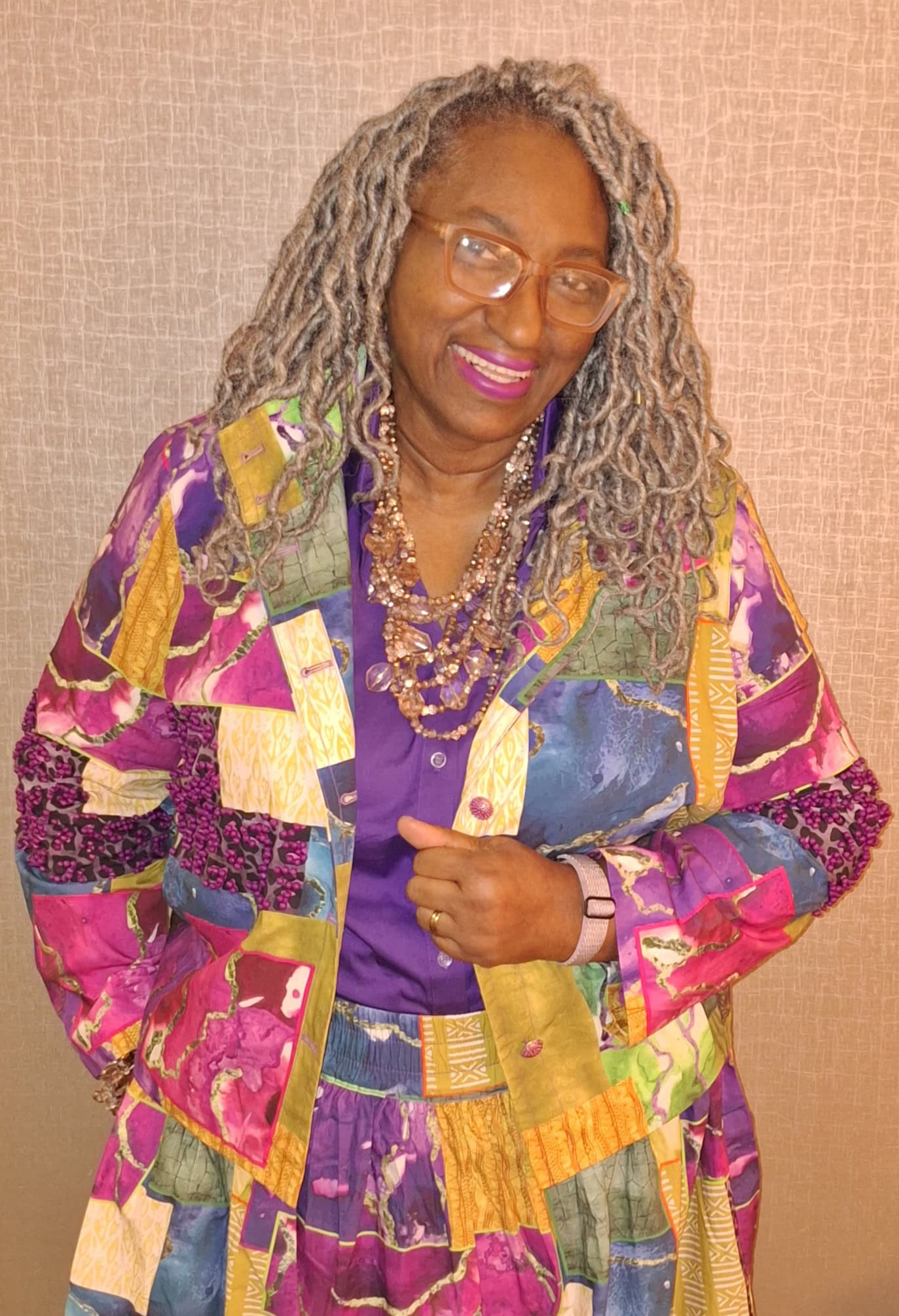Guests Cindy Lamendola, MSN, NP, and Patient Champion Sheila Allen discuss prescription treatments for patients with overweight/obesity. They also talk about overcoming challenges to treatment, the importance of lifestyle and medications for success, and shared decision-making.
Welcome to Heart to Heart Nurses, brought to you by the Preventive Cardiovascular Nurses Association. PCNA’s mission is to promote nurses as leaders in cardiovascular disease prevention and management.
Geralyn Warfield (host): I’d like to welcome our podcast audience back to this episode of Heart to Heart Nurses. We are really grateful to our two guests for joining us today, and I’m going to let them introduce yourselves. Cindy, I’m going to go ahead and start with you.
Cindy Lamendola (guest): Hi, I am Cindy Lamendola, Geralyn, and I’m very happy to be here to talk about these wonderful new weight-loss drugs.
I’m a nurse practitioner at Stanford University and Stanford Healthcare, working both in clinical practice and in research. And I’ve done a lot of research on insulin resistance, and weight loss, and obesity, and all those things that we know–the risk factors, the cardiovascular risk [00:01:00] factors, can be affected greatly with weight gain and with weight loss.
Geralyn Warfield (host): Excellent. Well, we look forward to our conversation with you. Sheila, could you share a little bit about yourself with our audience?
Sheila Allen (guest): I’m Sheila Allen and thanks for having me. I am a retired social worker. I live here in central Florida. Grandmother, mom, great-grandma.
Geralyn Warfield (host): All the good things in life.
Sheila Allen (guest): Yes, all the stuff that I’ve been waiting for.
And I’m also a woman that’s living with heart disease.
Geralyn Warfield (host): Excellent. Well, as our audience can probably tell, we have some great perspectives at the table today. So, Cindy, I’m hoping you can start us off by just kind of recapping for us what kind of pharmacotherapies are available for weight loss. And, obviously, there’s a lot of new players in that field.
Cindy Lamendola (guest): There’s some new players, Geralyn and they are very, very exciting.
So, this is going to be a new time in terms of [00:02:00] our risk reduction for cardiovascular, or cardiometabolic disease. And like other things, like when statins first came, out or when the ACE inhibitors first came out, I think it will be a monumental time now.
It’s very, very exciting. These are very effective medications. In general, very well tolerated. And with great benefits, both for weight loss, for Type 2 Diabetes, and for just decreasing cardiovascular risk. They’re phenomenal.
Geralyn Warfield (host): Well, with that perspective in mind, Sheila, I know that some of these drugs have been recently introduced to you and you’ve been taking some of these for a while.
Why don’t you tell us a little bit about your experience?
Sheila Allen (guest): Because of my situation and my diagnosis of heart failure, I had been told over the years, “Lose weight,” “Lose some weight.” You know, go to the doctor, “I want you to lose 20 pounds.” Oh, OK. Leave and [00:03:00] lose 20 pounds. But I kept gaining weight.
So, at the beginning of last year, I had got to over 300 pounds. And I started to have the conversation with my primary care doctor that I had been reading about the GLP-1s and the weight loss drugs and wanted to know what he thought about it. And he said, “Well, let’s talk about it in a month or so.”
A month went by, and I went back and asked him again, and he asked me how would I feel about trying it, And I said, “I, you know, I’m open to doing that.”
And he said, “Well, we are going to consult with your cardiologist first.” And they did. They had a consult and they talked. Gave me the prescription.
Could not get the drug because of insurance.
And I was not diabetic, and I was not, you know, even though he tried, then he go, “We’ll…”,
Insurance company said, “We don’t cover that one, but we’ll cover this one.” And he wrote the prescription for that one. [00:04:00]
And they [insurance company] said no.
And he said, “We’ll have the cardiologist to write the prescription.” Cardiologist wrote it, followed up with all of the questions they had.
Insurance company still said no.
So, months are going by. Summer came and went. And I came across, actually, a nurse in my endocrinologist’s office was in contact with a with a nurse that was working in a weight loss and nutrition practice. And they referred me there.
And that’s how I started receiving the drug in August of last year, late August.
Geralyn Warfield (host): So sometimes even though you feel like all your ducks are in a row…
Sheila Allen (guest): Yes.
Geralyn Warfield (host): You know, you think you’re ready to roll with a prescription.
Sheila Allen (guest): Yes.
Geralyn Warfield (host): You know, you’re committed to taking it. Sometimes it can be rather a challenge to get that.
Sheila Allen (guest): To get the prescription.
Geralyn Warfield (host): Yeah. So, I’m sure that’s very frustrating. Obviously from your perspective, you waited months in order to get this to happen.
Are there any strategies, Cindy, that you might provide for our providers [00:05:00] who might be listening, in terms of things that might be helpful for them if they’re working with patients like Sheila who might not fit those exact standards or that, you know, they do a prior authorization if such a thing is required for any drug?
I mean, what, what are some, what are some ways that we can help our patients even more?
Cindy Lamendola (guest): I think, because the couple of drugs that are out now have completed studies and have gotten FDA approval for weight loss, so now they have a designation for weight loss for people who fit the criteria for overweight or obesity—with diabetes, without diabetes—we are going to have a little bit more success. So that’s number one.
So, when you can say, because they just used to say “No.” She went to four different people, they said “no.” And we’ve had that same problem where you submit all your paperwork, you’ve even submitted that the person’s gone to a dietician, whatever, and they still would say [00:06:00] “No.”
Now they’re not going to be able to say no, because these drugs have been appropriated for weight loss.
Having said that, they’re also very expensive. So, some people can maybe get the drug, but their insurance won’t pay for any of it. Or even if they pay for some of it, the copay can be $260 or more. And people that pay out of pocket, because they can, can pay anywhere from $600 to $900 a month.
So. Medicare’s been approved to pay for it. I did have a patient who was on Medi-Cal or Medicaid, and they have no copay. So that’s…we’re getting there, but it’s going to take a while.
And with more competition, with more drugs coming in, it’ll also force, with the competition, will force the costs going down.
Geralyn Warfield (host): Great. We’re going to take a quick break and we will be right back.
Geralyn Warfield (host): We are so excited to continue our conversation about new and up and coming [00:07:00] kinds of therapies for our patients who are obese or are overweight, and the benefits that we’re seeing. And so, Cindy, could you talk a little bit about how this works in practice?
Cindy Lamendola (guest): Yes. In practice, this is just fabulous for many things. So, we know maybe when we’re on these drugs, they might be long term and people are questioning that. But we also know that this is a disease entity. And just like hypertension, we keep patients on those drugs because if we take them off, their blood pressure will go off, will go up.
So, with these drugs, we are going to get a reduction in blood pressure. Obviously, a reduction in weight. People will feel better as you’ll hear a little bit more about it, but we also will have not only a loss of fat mass, but some muscle mass.
So, it is really important to incorporate lifestyle, and seeing a nutritionist, a dietician, [00:08:00] or a program like Weight Watchers to make sure the person is eating healthy enough of the important nutrients, protein, to make sure we’re not losing too much muscle, and also to incorporate both aerobic and weight-bearing exercises.
Geralyn Warfield (host): So, how has this looked for you, Sheila, in practice as a patient with heart failure?
Sheila Allen (guest): Well, when I started with, when I started on the medication, the nurse practitioner, she was also, she had me with the nutritionist. And she laid out a program for me to do—some moderate exercise at first. And we did a log in of what I was eating. And she stressed the importance of the diet, and drinking fluids and water to staying hydrated.
And I think that those things together has made it successful for me. [00:09:00] And I’ve had over like 40-pound weight loss in the last what did we say? It was six months, eight months.
And I feel fine. I feel, actually I feel better. When after like the three months, four months I went in, saw my primary care and he goes, “Hey, how you doing? You look good. Your knees not hurting anymore?”
And I’m like, “Exactly.” So, it’s worked for me all around.
Geralyn Warfield (host): Fantastic. Is there anything else that either of you would like to add that we haven’t had a chance to discuss already?
Sheila Allen (guest): I would say just give it a chance. And make sure that you follow the lifestyle and the diet changes. And consult with your medical team. That’s what’s been successful for me.
Geralyn Warfield (host): Cindy, this is a great example of shared decision making in action, is it not?
Cindy Lamendola (guest): Yes, it is. Yes, it is. And I think people are very excited about the opportunity. I think they’re also very excited [00:10:00] to have that stigma of, ‘it’s not my fault’ type of thing taken away from them.
So, this is a wonderful win-win situation that we have not had the opportunity to do forever. And so, like I said, these are phenomenal medications. We’re looking forward to new ones that come out and we’re looking forward to a plentiful amount of medications that we can give to our patients at a lower cost. All that in one swoop.
Geralyn Warfield (host): I love that. Thank you both so very much for spending time with us today.
This is your host, Geralyn and Warfield, and we will see you next time.
Thank you for listening to Heart to Heart Nurses. We invite you to visit pcna.net for clinical resources, continuing education, and much more.
Topics
- Obesity Management
Published on
July 2, 2024
Listen on:

MSN, NP, FAHA, FPCNA
Related Resources








